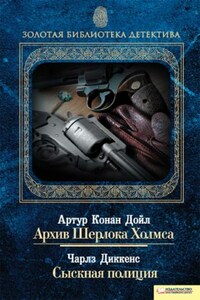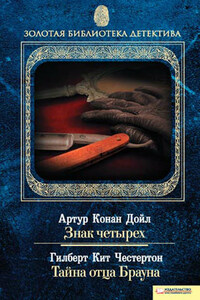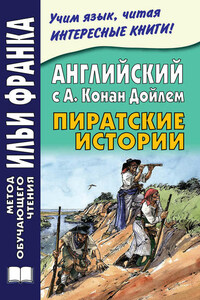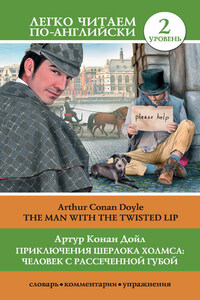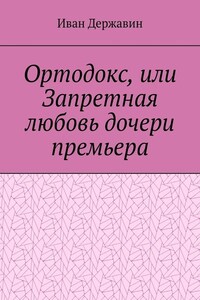The Lord St. Simon marriage, and its curious termination, have long ceased to be a subject of interest in those exalted circles in which the unfortunate bridegroom moves. Fresh scandals have eclipsed it, and their more piquant details have drawn the gossips away from this four-year-old drama. As I have reason to believe, however, that the full facts have never been revealed to the general public, and as my friend Sherlock Holmes had a considerable share in clearing the matter up, I feel that no memoir of him would be complete without some little sketch of this remarkable episode.
02. 00:51 – 01:46
It was a few weeks before my own marriage, during the days when I was still sharing rooms with Holmes in Baker Street, that he came home from an afternoon stroll to find a letter on the table waiting for him. I had remained indoors all day, for the weather had taken a sudden turn to rain, with high autumnal winds, and the jezail bullet which I had brought back in one of my limbs as a relic of my Afghan campaign throbbed with dull persistence. With my body in one easy-chair and my legs upon another, I had surrounded myself with a cloud of newspapers until at last, saturated with the news of the day, I tossed them all aside and lay listless, watching the huge crest and monogram upon the envelope upon the table and wondering lazily who my friend’s noble correspondent could be.
03. 01:46 – 02:31
“Here is a very fashionable epistle,” I remarked as he entered. “Your morning letters, if I remember right, were from a fish-monger and a tide-waiter.”
“Yes, my correspondence has certainly the charm of variety,” he answered, smiling, “and the humbler are usually the more interesting. This looks like one of those unwelcome social summonses which call upon a man either to be bored or to lie.”
He broke the seal and glanced over the contents.
“Oh, come, it may prove to be something of interest, after all.”
“Not social, then?”
“No, distinctly professional.”
“And from a noble client?”
“One of the highest in England.”
04. 02:31 – 03:01
“My dear fellow, I congratulate you.”
“I assure you, Watson, without affectation, that the status of my client is a matter of less moment to me than the interest of his case. It is just possible, however, that that also may not be wanting in this new investigation. You have been reading the papers diligently of late, have you not?”
“It looks like it,” said I ruefully, pointing to a huge bundle in the corner. “I have had nothing else to do.”
05. 03:01 – 03:38
“It is fortunate, for you will perhaps be able to post me up. I read nothing except the criminal news and the agony column. The latter is always instructive. But if you have followed recent events so closely you must have read about Lord St. Simon and his wedding?”
“Oh, yes, with the deepest interest.”
“That is well. The letter which I hold in my hand is from Lord St. Simon. I will read it to you, and in return you must turn over these papers and let me have whatever bears upon the matter. This is what he says:
06. 03:38 – 04:19
“‘MY DEAR MR. SHERLOCK HOLMES,—Lord Backwater tells me that I may place implicit reliance upon your judgment and discretion. I have determined, therefore, to call upon you and to consult you in reference to the very painful event which has occurred in connection with my wedding. Mr. Lestrade, of Scotland Yard, is acting already in the matter, but he assures me that he sees no objection to your co-operation, and that he even thinks that it might be of some assistance. I will call at four o’clock in the afternoon, and, should you have any other engagement at that time, I hope that you will postpone it, as this matter is of paramount importance. Yours faithfully,
“‘ROBERT ST. SIMON.’
07. 04:19 – 04:38
“It is dated from Grosvenor Mansions, written with a quill pen, and the noble lord has had the misfortune to get a smear of ink upon the outer side of his right little finger,” remarked Holmes as he folded up the epistle.
“He says four o’clock. It is three now. He will be here in an hour.”
08. 04:38 – 05:44
“Then I have just time, with your assistance, to get clear upon the subject. Turn over those papers and arrange the extracts in their order of time, while I take a glance as to who our client is.” He picked a red-covered volume from a line of books of reference beside the mantelpiece. “Here he is,” said he, sitting down and flattening it out upon his knee. “‘Lord Robert Walsingham de Vere St. Simon, second son of the Duke of Balmoral.’ Hum! ‘Arms: Azure, three caltrops in chief over a fess sable. Born in 1846.’ He’s forty-one years of age, which is mature for marriage. Was Under-Secretary for the colonies in a late administration. The Duke, his father, was at one time Secretary for Foreign Affairs. They inherit Plantagenet blood by direct descent, and Tudor on the distaff side. Ha! Well, there is nothing very instructive in all this. I think that I must turn to you Watson, for something more solid.”
09. 05:44 – 06:15
“I have very little difficulty in finding what I want,” said I, “for the facts are quite recent, and the matter struck me as remarkable. I feared to refer them to you, however, as I knew that you had an inquiry on hand and that you disliked the intrusion of other matters.”

